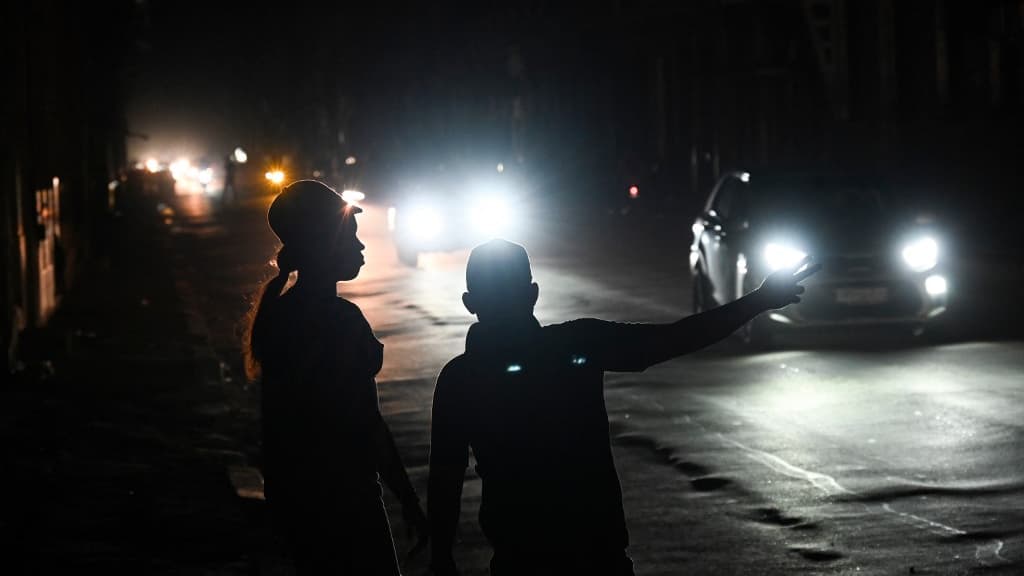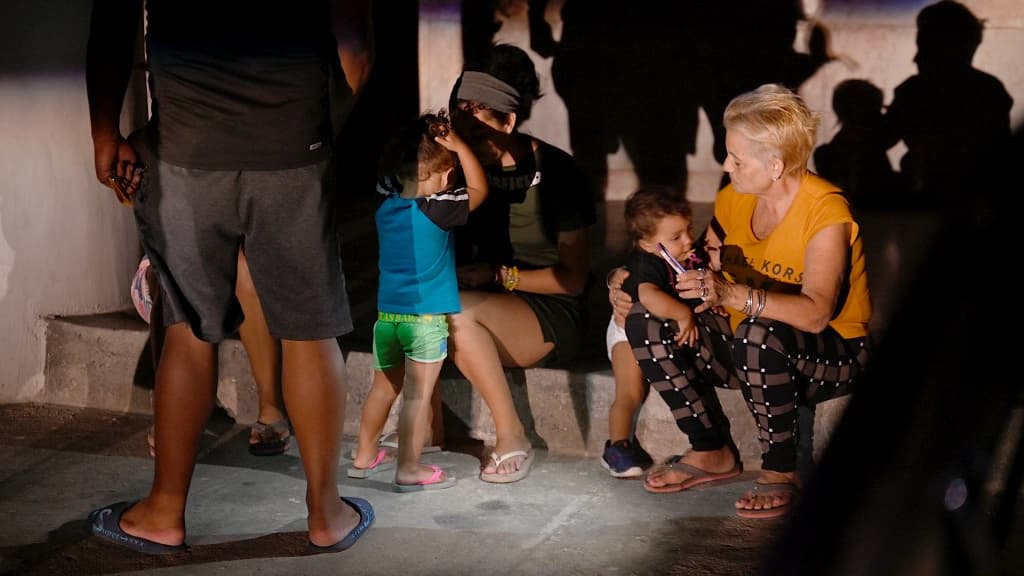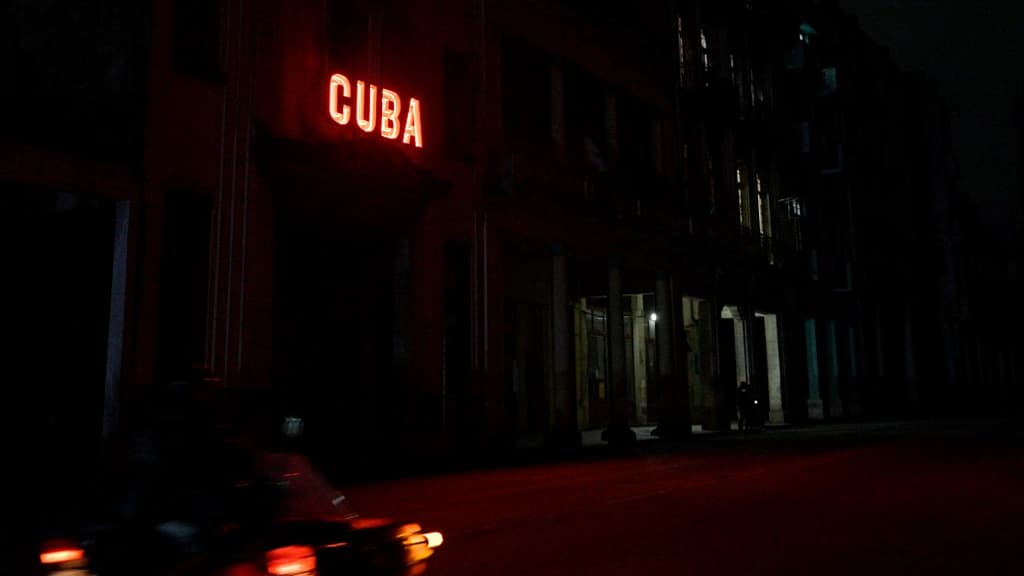An already dramatic evaluation. At least six people died during Hurricane Oscar in Cuba, where more than a third of residents now have electricity four days after a widespread power outage.
“Unfortunately, according to preliminary information, six human lives were lost in the municipality of San Antonio del Sur,” in the province of Guantánamo (east), Cuban President Miguel Díaz-Canel declared on Monday, October 21, in a speech broadcast by state channel. television.
“Floods at levels never recorded”
In addition to the municipality of San Antonio del Sur, that of Imías, located in the same province, at the eastern end of the island, was greatly affected by the bad weather. “Flooding has occurred at levels never recorded historically in these two areas,” he added.
“The Revolutionary Armed Forces and the Ministry of the Interior are leading rescue operations in these Guantánamo communities, where areas are still inaccessible,” said the head of state on the social network X.
Hurricane Oscar, which made landfall on Sunday night with winds close to 130 km/h, before being downgraded to a tropical storm, finally moved away from Cuban territory on Monday night.
“The center of tropical storm Óscar leaves Cuban territory and is located in the seas north of the province of Holguín” (east), said the Cuban Meteorological Institute (Insmet) in its latest 9:00 p.m. bulletin.
By Sunday night, waves had reached up to four meters high in the province of Guantánamo. The roofs and walls of houses were damaged, electricity poles and trees fell, according to the official press.
Electricity was gradually restored
Regarding the energy situation, the Cuban president clarified on Monday night that “more than 36% of the service (has been) restored and is currently functioning stably” in the country of 10 million inhabitants.
A resident of the eastern province of La Tunas told AFP, on condition of anonymity, that the electricity had returned on Monday afternoon, explaining that she had had to cook “over a wood fire” in recent days.
In the capital, almost all of the two million residents had restored power by the end of the day, according to authorities. Traffic and many activities have resumed.
Faced with the persistence of the energy crisis, the Cuban president warned Sunday that his government will not tolerate disruptions to public order, while residents took to the streets on Saturday and Sunday night to express their exasperation.

All perpetrators of the riots will be prosecuted “with the severity provided for by revolutionary laws,” the Head of State insisted. The power outages were one of the triggers for the historic protests of July 11, 2021.
Given the energy crisis and the weather situation, the authorities suspended classes and non-essential public services until Wednesday, leaving only hospitals and crucial services for the population operational.
Obsolete infrastructure
Cuba faces its worst crisis in thirty years. The gigantic blackout, which occurs after chronic blackouts, adds to shortages of food, medicine and rampant inflation.

On Thursday, on the eve of the general blackout, the Cuban president announced that the island was in a situation of “energy emergency” due to difficulties in acquiring the fuel necessary to power its power plants, due to the strengthening of the embargo imposed by Washington. since 1962.
In Cuba, electricity is produced by eight dilapidated thermoelectric plants, sometimes damaged or undergoing maintenance, as well as several floating plants leased to Turkish companies and generators.
In September 2022, the island had already experienced a widespread blackout after Hurricane Ian hit the west of the island. The complete restoration of the electricity supply took several days in Havana and several weeks in the areas affected by the hurricane.
Source: BFM TV


